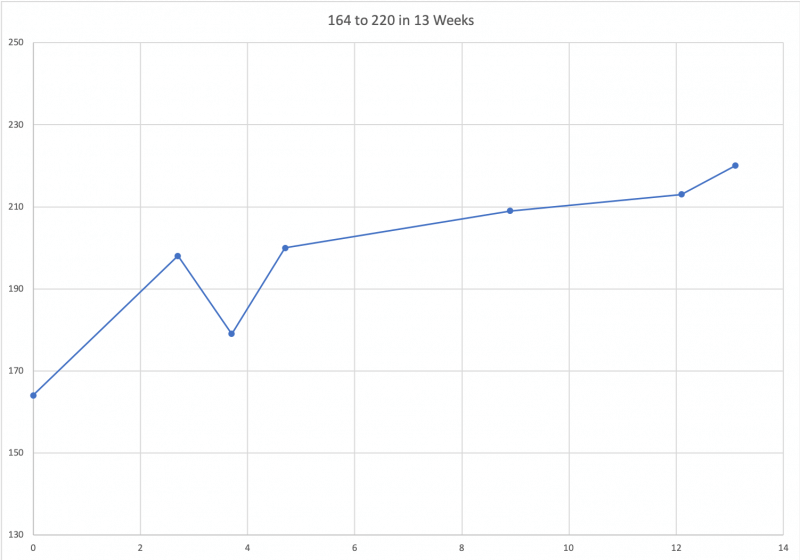

I was surprised at how much biostats and ethics were on the exam. Took notes as I did UW and reviewed them the last couple days before the exam. Reviewed biostats from my old First Aid for step 1 book. For CCS, enter the HY orders and don't worry about the tons of minutiae UWorld cites. Overall, I would say the test was slightly harder than expected with regards to MCQ and easier with regards to CCS.Ī decent number of repeats from the NBMEs so may not hurt to take those. I can't remember the exact number but it was roughly half and half. One thing I don't see people mention is how many 10 v. Overall, I felt it was harder on average than UW thoughĬcs Nearly every other case was similar to one in UW, so if you do all the practice cases, you should be fine. I never have issues with time on practice sets, so this was different. There were times I had to hurry though, which could have lead to some misses. It had a lot more basic science/step 1 type stuff then I expected. Those combined almost consist half of the questions of the first day. Relatively: the first day had 30-40 questions biostats, 30 questions ethics, 40 questions (basics, mechanism of actions and underlying pathological process ), 15 questions for drug ads. To the right for most sections, borderline CCS.

Took the test 2 months after graduation (AMG). Resources used-mostly UWorld, recalling a ton of the material from Step 2CK, some DIT and Kaplan Step 3 material, a smattering of MKSAP material for IM residents. is probably the most similar to actual exam content so I would imagine it is the best way to gauge where you stand. NBME CCMSA approx 1 week out and got 680 on that. The exam was taken with 3-day pause, I did UW CCS during this break at the exam pace – as many as I could, and read my notes for the CCS.īelow is the information from forums, which I found useful.
#Usmle world qbank step 3 score estimator download#
You can download an unlimited free sample for 14 days from my link or look for it elsewhere. Was quite surprised with this Q-bank as a very good tool for my preparation. Liked Amboss the most (first for the huge free sample, then for quality) – did all questions for step 3 (900) and selected topics from steps 1 and 2, averaging around 60 % I guess. So I decided to take another Q-bank – checked several free samples (MedChallenger, BoardVitals and Amboss). Last month I did the MOCK exams every week, so was tracking my performance, and noticed that it was decreasing (pictures attached). Read my notes from the Q-banks, listened to CCS cases from Archer workshop, skimmed pharm and biostat from FA 1.ĩ. “Crash step 3 CCS cases” – quickly skimmed nearly 50 % of cases, just those which I felt uncomfortable with, then skimmed CCS cases from FA step 3 – it took several hours.Ĩ.

Did around 15 cases a day, to adjust me to the exam mode.ħ. The second pass of the UW interactive CCS cases, quickly, checking the mistakes and noting them. 100 CCS cases ( ) – did 50 %, don’t like it, because I felt that they are too exaggerating the indications for the routine low-yield tests (like always made me feel bad that I haven’t cultured the blood or urine in any mildly febrile patient or another minute mistakes).Ħ. The first pass of CCS cases from UW (both written and interactive) – relaxed mode with the random notes.ĥ. 70% correct, 81st percentile (picture attached), then did behavior questions from UW. Didn’t remember the average, and I think it is irrelevant as I have finished it one year before the test.ģ. Didn’t like it as found some questions outdated and low-yield. Kaplan step 3 Q-bank, one pass, made notes of wrong concepts. Started with MTB 3, did just selected topics (weaknesses according to 2CK report), totally 50 % of this book.Ģ. If I have done Q-bank once, the second pass just focused on the wrong questions.ġ. General rules: Q-banks always did in “timed random” mode. Timeline: in my case preparation was scattered within one year, but the net time I would estimate as about 2 mo of dedicated studying.īackground: old grad, 240-250 on steps (step 2 was taken 2 years ago), worked as an internist in Russia.


 0 kommentar(er)
0 kommentar(er)
